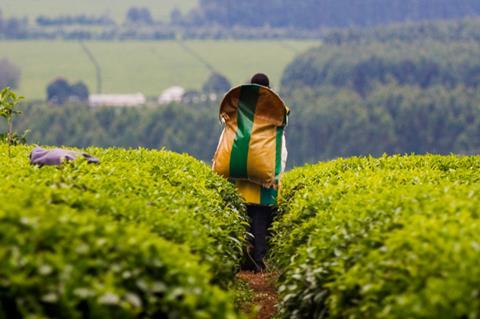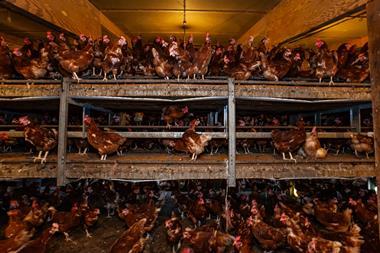
Fairtrade has launched a new tool to help retailers and suppliers identify potential human rights violations and environmental harm across their global supply chains.
The group has released a new online map flagging risk areas across the supply chains of key commodities such as coffee, cocoa and bananas.
All parties, including farmers, brands, and worker organisations can use the tool to help identify risk areas associated with the different commodities. The risks include forced labour, discrimination and climate impact.
The launch comes as companies face growing legal obligations to carry out stricter due diligence in their supply chains to prevent human, labour and environmental exploitation.
“The risk map can facilitate a transparent dialogue between supply chain actors and help companies in building effective responses to address the greatest risks, avoiding further harm to farming communities and the planet,” said Fairtrade producer network president Marike de Peña.
The website also includes detailed information on specific risk issues identified in the covered commodities for different regions of the world, such as child labour, gender rights and living income, as well as environmental risks related to climate change, water and biodiversity.
The risk map has collated data from a variety of sources, including government departments and organisations such as the UNHRC and Unicef, as well as information sourced directly from suppliers based in areas deemed problematic.
Fairtrade said it spent “several months” working with farmer cooperatives, workers and plantation management, as well as external experts, to develop the map.
It added the breadth of data available on the tool, particularly in relation to producer issues, was not found elsewhere, making it a useful resource not only for traders but also for farmers’ organisations and NGOs.
The launch comes as new laws around supply chain due diligence are set to roll out across Europe and the US this year, which will force companies to ensure their suppliers do not violate human rights and environmental protection.
“If companies are not ready to shoulder their part of the responsibility, they might opt to cut all ties rather than go through the process of mitigating and remediating risks together with farmers and workers,” Fairtrade said.
A spokeswoman said the group was keen to support companies in implementing due diligence responsibilities, particularly in identifying and preventing supply chain risks.
“As per the OECD due diligence guidance, the companies should have a policy and the risk map can be helpful in identifying the most salient risks in a particular commodity’s supply chain.
“It provides them with farmer and worker perspectives on risk and root causes – this can also help with meaningful engagement.
“Only when organisations know their salient issues, can they identify effective measures for mitigating, preventing and remediating them.”



















No comments yet